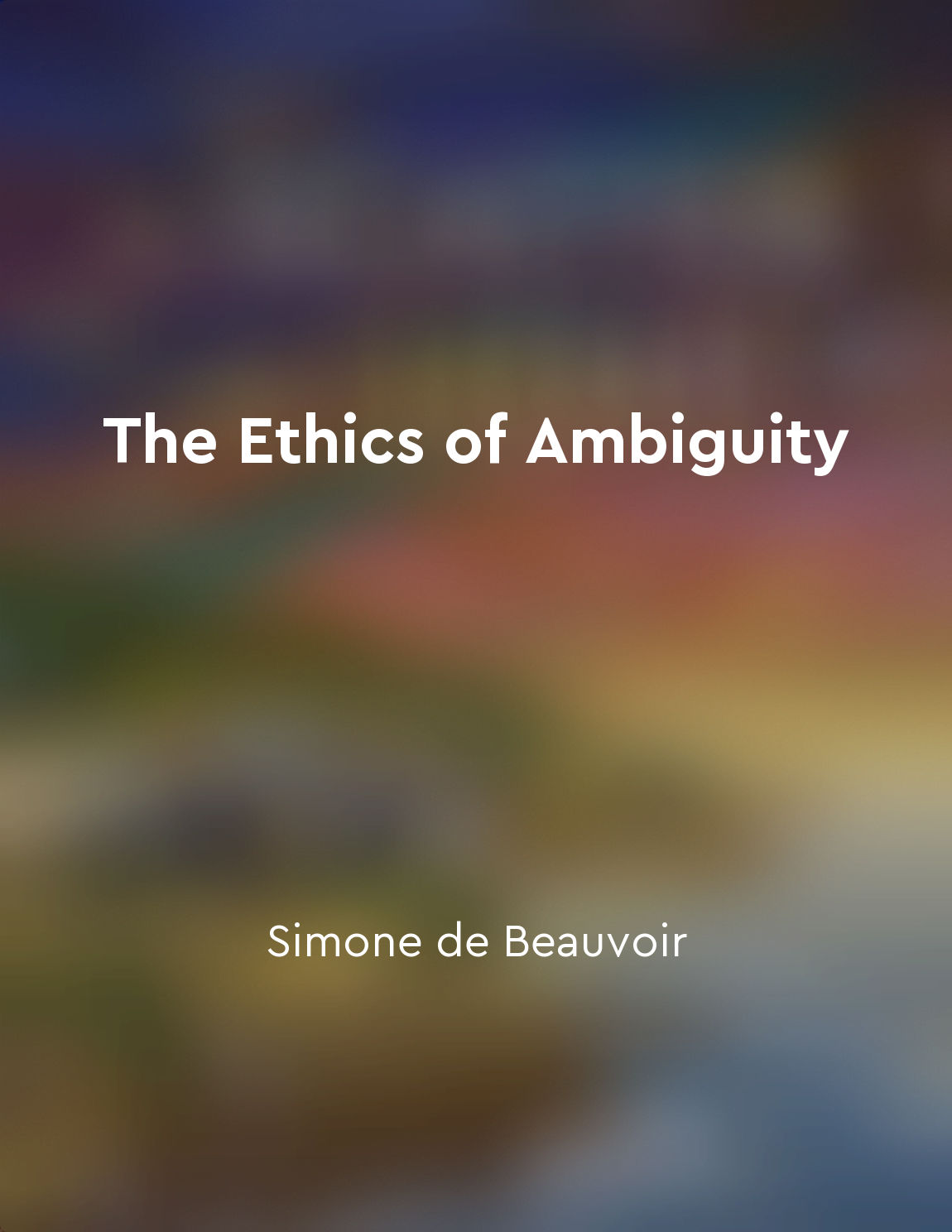Rational choice from "summary" of A Theory of Justice, Revised Edition by John Rawls,Professor John Rawls
The concept of rational choice plays a crucial role in ethical and political theory. Rational choice theory assumes that individuals are rational agents who aim to maximize their own self-interest. This means that individuals will always choose the option that they believe will bring them the greatest benefit. In the context of justice, rational choice theory suggests that individuals will act in a way that is fair and just only if it is in their own best interest to do so. In other words, individuals will follow principles of justice only if they believe that doing so will ultimately benefit them. However, rational choice theory ...Similar Posts
Humans are driven by desires and instincts
According to David Hume, the driving force behind human actions is rooted in their desires and instincts. These desires can man...
Confirmation bias leads to selective processing of information
Confirmation bias refers to the tendency of individuals to seek out information that confirms their pre-existing beliefs or hyp...
Humans are mostly driven by social instincts
Jonathan Haidt argues that human beings are fundamentally social creatures, shaped by evolution to thrive in groups. Our social...

Ethics are a personal journey, not a destination
Ethics are not a fixed set of rules to be followed blindly, but rather a continuous process of self-discovery and growth. It is...
Cultural influences play a role in our decisionmaking
Cultural influences are an integral part of our decision-making process. These influences shape our beliefs, values, and prefer...
Rationality is limited
Human understanding is a remarkable faculty that allows us to make sense of the world around us. However, despite its impressiv...

Rationality is an ongoing process of selfimprovement and learning
The idea of rationality as an ongoing process of self-improvement and learning is central to understanding how we make decision...
Quantity of pleasure
The principle of utility, or the greatest happiness principle, is the foundation of the moral theory of utilitarianism. Accordi...

Balancing individual needs with group goals is necessary for harmony
In every social setting, whether it be a family, a workplace, or a community, there exists a delicate balance between the needs...
Difference principle
The difference principle is a fundamental component of justice as fairness. It holds that social and economic inequalities are ...
